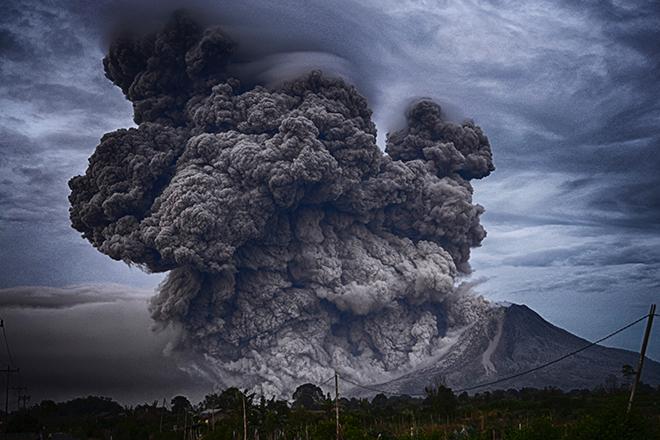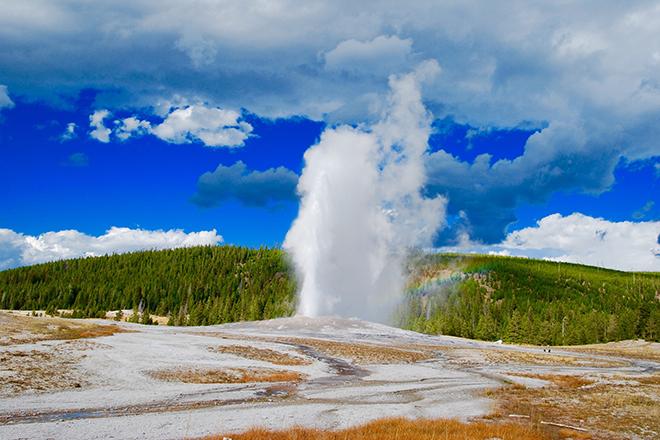Controversies in the Earth Sciences

Credit: Ashers, volcano, eruption, landscape 1867440 by Pexels is licensed under CC0
Resource Description
Think science has all the answers? Think again. This course will use real, authentic data to explore and investigate modern controversies in Earth Sciences. Use tide gauge records to understand how countries around the world attempt to protect themselves from tsunami events. Process seismic data to predict earthquake recurrence in the New Madrid seismic zone, right here in the breadbasket of the US. Sort through the millions of years of the geologic timeline to shed some light on what actually did, and did not, kill the dinosaurs. Finally, use global atmospheric data to understand how misrepresentation of data can be used to paint a distorted view of past, present, and future climate. This course is no longer being offered for credit and has not been updated since 2018. Learn moreGeology of the National Parks

Credit: Geyser With Green Field Background by Damon Holle is licensed under CC0
Resource Description
Geysers and grizzlies and glaciers, oh my. The national parks may be America's best idea, saving the finest parts of the nation for everyone to enjoy forever. What better way to learn about the natural world than to tour the parks with us? We'll explore how the mountains and valleys formed and why they often come with volcanoes and earthquakes. You'll see what really killed the dinosaurs and how we can help save their modern relatives in the parks. With film clips, slide shows, and our geological interpretations of classic rock songs, isn't it time for a road trip? Learn morePlate Tectonics and People: Foundations of Solid Earth Science

Credit: Fuji Vulkan Mount Fuji Silhuet Sky 2232246 by Kanenori is licensed under CC0
